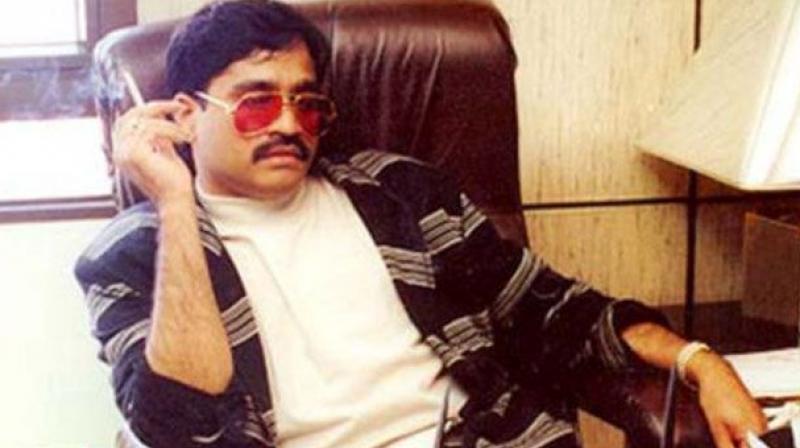United Nations, July 10 (IANS) India has demanded Security Council action against mafia don-turned terrorist Dawood Ibrahim sheltering in Pakistan and his D-Company terror organisation behind the 1993 wave of bombings in Mumbai that killed 257 people declaring they posed “a real and present danger”.
Following up on India’s diplomatic success in getting a Council sanctions committee to declare Lashkar-e-Tayyiba (LeT) chief Masood Azhar a global terrorist, India’s Permanent Representative Syed Akbaruddin on Tuesday asked for action against Ibrahim, the D-Company, the Jaish-e-Mohammad (JeM) and the LeT.
Participating in a Council debate on Linkages between International Terrorism and Organised Crime, diplomatically without mentioning Pakistan by name, Akbaruddin hit out against it for sheltering him while denying his presence there.
“The D-Company’s illegitimate economic activities may be little known outside our region, but for us, such activities as gold smuggling, counterfeit currency, as well as arms and drug trafficking from a safe haven that declines to acknowledge even his existence, are a real and present danger,” he said.
Making the case for action against Dawood and Pakistan based terror groups, Akbaruddin said: “The success of collective action to denude ISIL (Islamic State) is a pointer that the Council’s focused attention can and does yield results.”
“A similar degree of interest in addressing the threats posed by proscribed individuals, such as Dawood Ibrahim and his D-Company, as well as proscribed entities, including the Jaish-e-Mohammad and Lashkar-e-Toiba, listed as affiliates of Al-Qaeda, under the 1267 sanctions regime, will serve all of us well,” Akbaruddin said.
Azhar was sanctioned in May by the committee that oversees action under the provisions of Council Resolution 1267 against al-Qaeda, ISIL and their affiliates. The action came about after China under the US pressure stopped shielding him.
India’s focus on Ibrahim and D-Company comes as the US is trying to have the group’s alleged international operation director Jabir Motiwala extradited from Britain to face money laundering and trafficking charges.
The US has imposed sanctions under various laws on Ibrahim, his brother Shaikh Anis Ibrahim Kaskar, Aziz Moosa Bilakhia, Chhota Shakeel, Ibrahim “Tiger” Memon and the D-Company, as well Pakistan-based business enterprises linked to them.
Several speakers and UN officials spoke of the linkage between terrorists and organised crime and called for action against them.
Giving an example of how this works, Akbaruddin said: “In our own region, we have seen the mutation of Dawood Ibrahim’s criminal syndicate into a terrorist network known as the D-Company.”
Yury Fedotov, the Executive Director of the UN Office on Drugs and Crime (UNODC), said that organised criminal gangs and terrorists copy each other’s tactics and cited the ISIL, which used kidnapping for ransom, illegal oil sales and trafficking in cultural property to finance its activities.
To break the organised crime-terrorism nexus, he said that domestic anti-crime and counter-terrorism legislations should be used in conjunction with regional and international treaties.
The Executive Director of UN’s Counter-Terrorism Committee Executive, Michele Coninsx, said that while policy-makers expressed concern over the problem, in practice the implementation of laws against terrorism and transnational organised crime was inadequate.
She said that financial intelligence outfits must be strengthened and institutional barriers must be overcome to defeat them.
Pakistan’s Permanent Representative Maleeha Lodhi said that her country will continue to act to “sever the vicious link between terrorism and organized crime in our region”.
But she added a caveat that it should be ensured “that our responses are evidence-based”. This was the same excuse Pakistan and China had used to protect Azhar claiming they needed more evidence of his links to terrorism.
HAVE YOU SUBSCRIBED TO OUR VIDEO NEWS CHANNEL YET?





